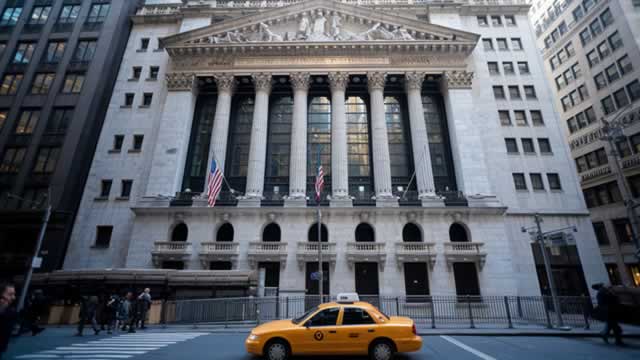The Perils of Market Timing: A Tale of Losses and Lessons
Once upon a time, in a bustling city filled with towering skyscrapers and bustling stock exchanges, there lived a curious human named Alex. Alex was a numbers whiz, a financial prodigy, and a proud owner of an extensive investment portfolio. However, Alex had developed an insidious habit: market timing.
What is Market Timing?
Market timing is the practice of attempting to predict market movements and buying or selling securities based on those predictions. It’s like trying to catch a falling knife or jumping onto a moving train. It’s an alluring yet treacherous game that can lead to significant losses if not played correctly.
The Quirks of Market Timing
Alex, with his analytical mind, believed he could outsmart the market. He spent countless hours poring over financial reports, economic indicators, and market trends. He was convinced that he could predict the next market downturn or upturn and reap the rewards. But, as the wise say, “The markets can remain irrational longer than you can remain solvent.”
The Consequences of Market Timing
- Emotional Roller Coaster: Market timing can lead to extreme emotions, from euphoria during market upswings to despair during downturns. These emotions can cloud judgment, leading to hasty decisions and potential losses.
- High Transaction Costs: Frequent buying and selling can result in hefty transaction fees, eating into your profits and reducing your overall returns.
- Missing Out on Opportunities: By trying to time the market, you may miss out on potential gains during periods of steady growth. It’s like waiting for the perfect moment to jump into a pool only to miss the fun and end up cold and alone.
The Impact on Your Portfolio
Market timing can be detrimental to your investment portfolio. According to a study by JP Morgan Asset Management, over the past 20 years, the S&P 500 returned an average annual return of 7.2%, while the average investor only earned 5.1% due to market timing and other behaviors. That’s a significant difference in potential wealth.
The Effect on the World
Market timing isn’t just a personal issue; it can have far-reaching consequences. Institutional investors, pension funds, and other large players engaging in market timing can cause market volatility and uncertainty, potentially leading to economic instability.
The Lesson Learned
Alex, after suffering significant losses, finally learned his lesson: the markets are unpredictable, and attempting to time them is a fool’s errand. He shifted his focus to long-term investing, diversifying his portfolio and embracing the power of compound interest. And he lived happily ever after.
So, dear reader, remember Alex’s tale as a reminder that the markets are a marathon, not a sprint. Patience, discipline, and a well-diversified portfolio can lead to greater wealth and peace of mind.
Now, go forth and invest wisely.





